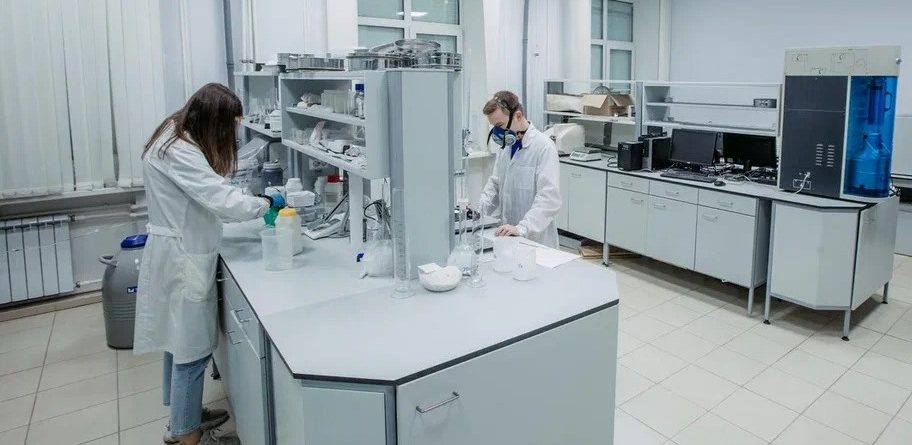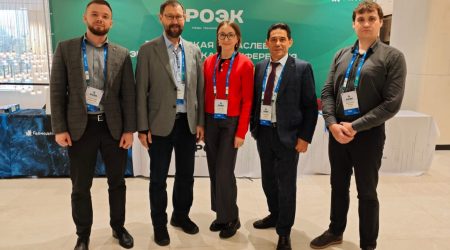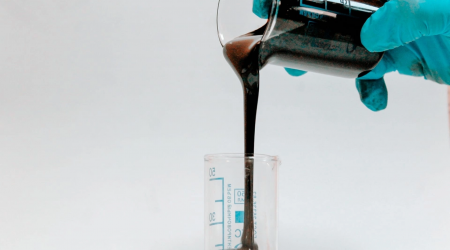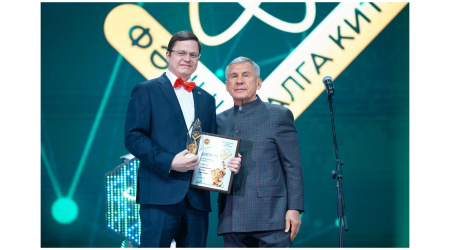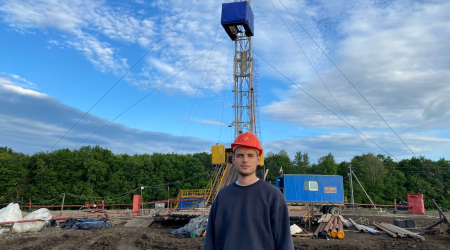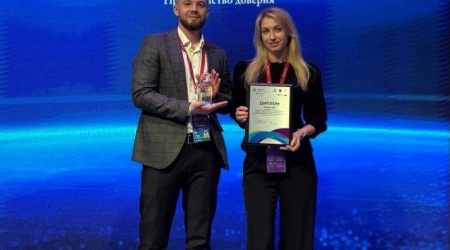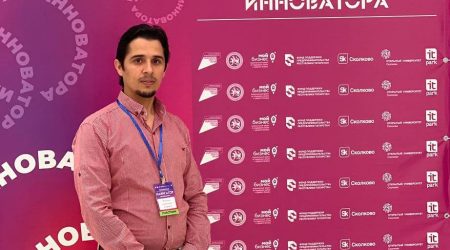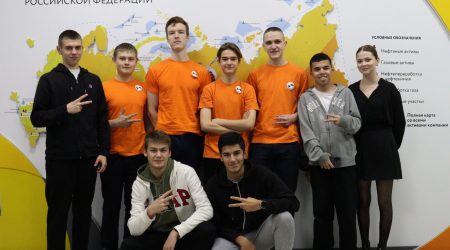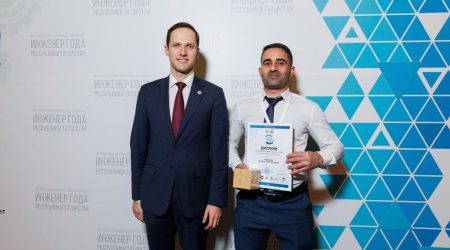10 IGPT students among winners of the sixth season of Student Startup competition
The results were announced recently by the federal ministry.
Here are the young people set to receive 1 million rubles in funding for their projects:
Ilmir Gizatullin, Digital flow meter – forecast and retrospective division of production by layers;
Nikita Kozyrev, Thermofoam acid compositions with controlled kinetics for increasing well productivity in high-volume oil fields;
Bulat Miftakhov, Utilization of binary thermochemical composition with synergistic effect;
Vladislav Savelyev, Simulator for the selection of low-volume effective EOR methods;
Kamil Sakhibullin, Hydrate cold accumulator;
Alsu Fatkullina, Carbonate fracture zone identification program with the use of AI and spatial analysis;
Ilnur Khairutdinov, Utilization of AI for analysing the results of technical diagnostics and risk analysis;
Azat Khalilov, Development of a catalyst based on metal nanoparticles to increase hydrogen generation using in situ combustion technology;
Ranis Khisiev, Development of software for predicting the physical and chemical characteristics of oil for the selection of deep-well pumping equipment;
Marat Yakupov, Finding contradictions in the company’s regulatory and normative framework.
Kamil Sakhibullin, 2nd year master’s student, explains the purpose of his proposal, “Electricity is cheaper at night, and our installation will store “cold” energy, creating hydrates (gas mixtures inside ice). During the day, the hydrate will melt, forming gas and water. Cold water will flow into the heat exchanger, cooling the refrigerator. The refrigerator equipment will hardly work during the day, which means that electricity consumption will be reduced to a minimum. The technology can save up to 30 percent on electricity costs. This is especially beneficial for supermarkets, shopping centers, data centers and food production facilities – cold is needed there constantly.”
PhD student Marat Yakupov elaborates on what he offered – and succeeded from the first attempt – at the competition, “I have never formed my project completely before – from the idea to the economy, this will be a valuable experience. The program I am creating is aimed at finding discrepancies in the regulatory and documentary bases of companies. It is important for each company to have a coordinated document base, to comply with the requirements of Russian legislation. If dates or definitions of terms are written incorrectly in any document, my program will highlight these errors. It will also identify discrepancies in documents. A specialist from the legal department will be able to quickly correct the shortcomings.”
This year’s alumna Alsu Fatkullina tells about her work, “Rock fracturing can be one of the reasons for premature well flooding, which leads to loss of oil and reduced profitability of development,” explains the young woman. “With the help of artificial intelligence, various geological and geophysical information will be analyzed, first of all – well geophysical survey curves (GSC), special GCS, descriptions of core and well development data (water cut and flow rates). The information obtained can be used by specialists, for example, to plan drilling points for new wells.”
Ilnur Khairutdinov has big hopes about the use of AI in diagnostics, “Manual labor slows down the preparation of conclusions and carries the risk of human error. Thanks to the software, the functional prototype of which we will develop during the implementation of the startup, it will be possible not only to significantly reduce the time for data processing and reporting, but also to move to a new level of industrial safety based on data and predictive analytics. There is already a preliminary agreement on the pilot implementation of the software at the sites of one of the key partners of the company where I currently work.”

